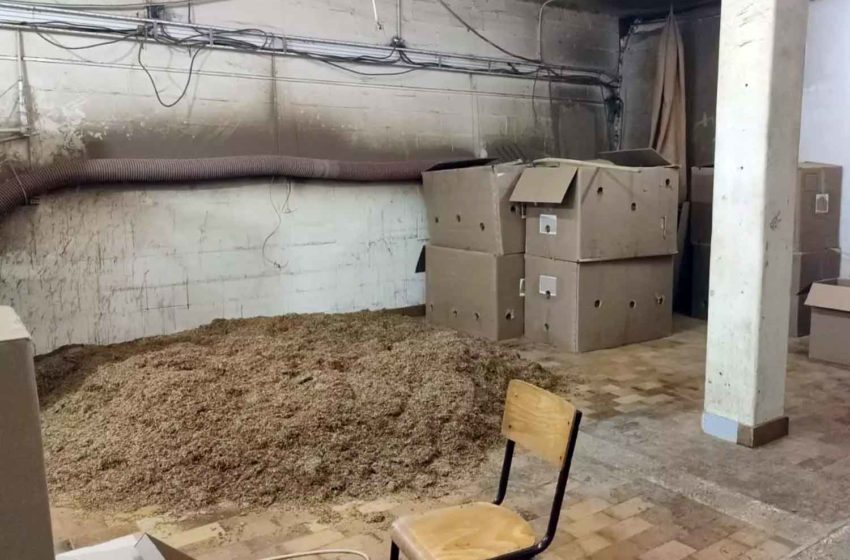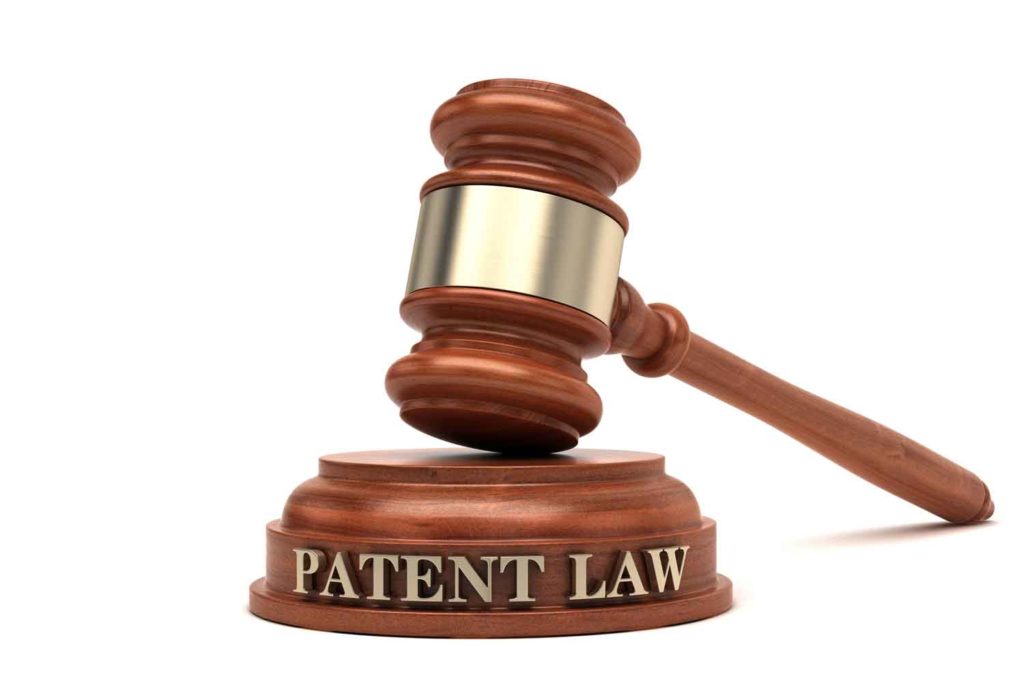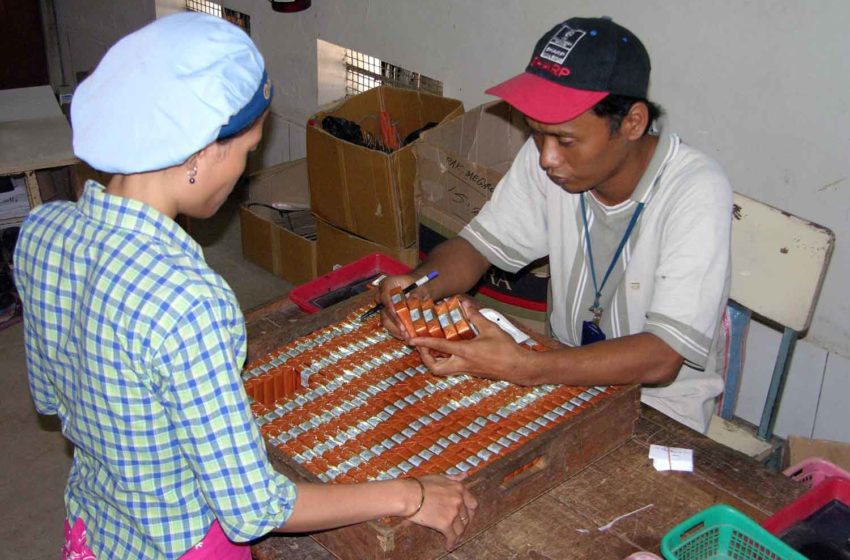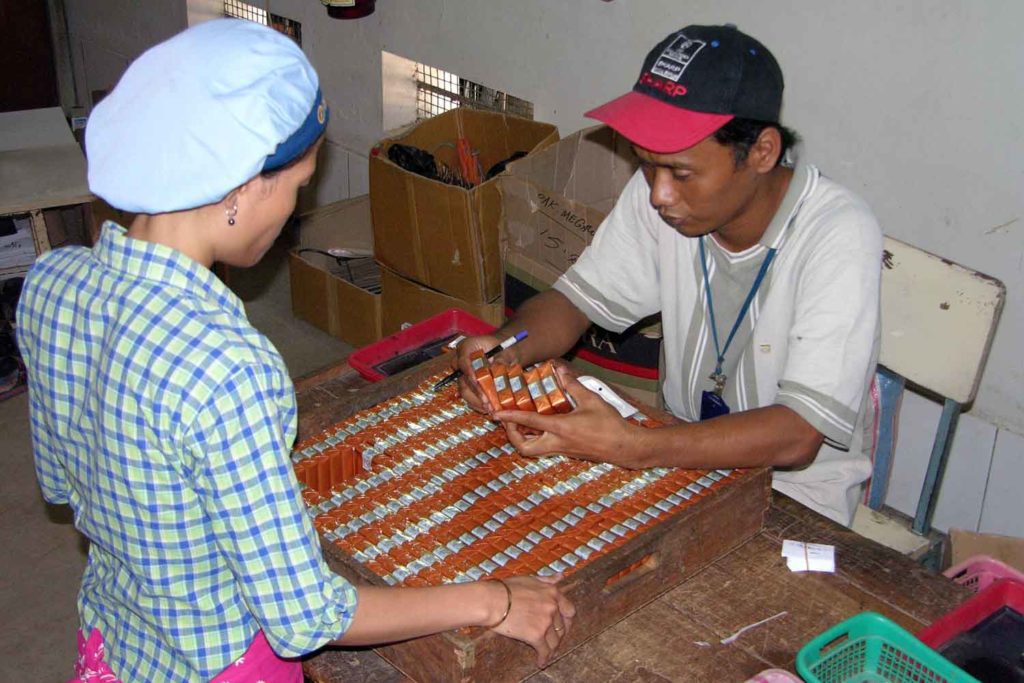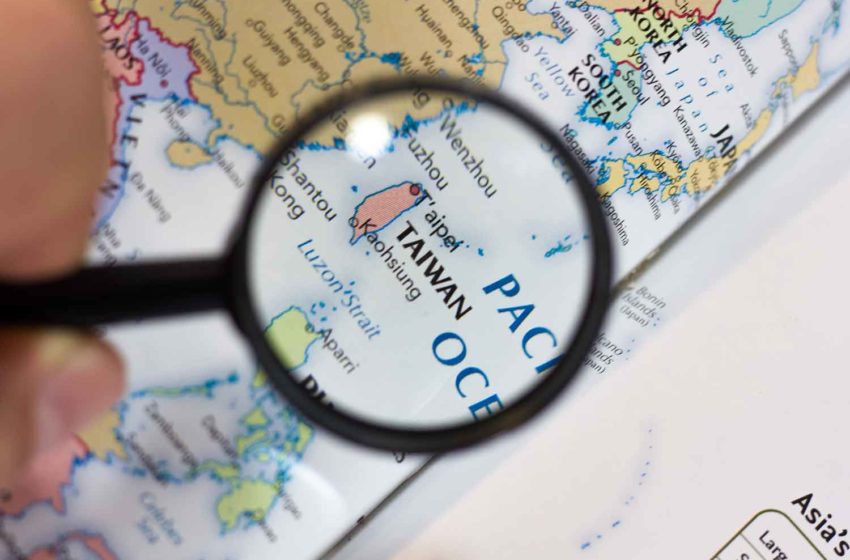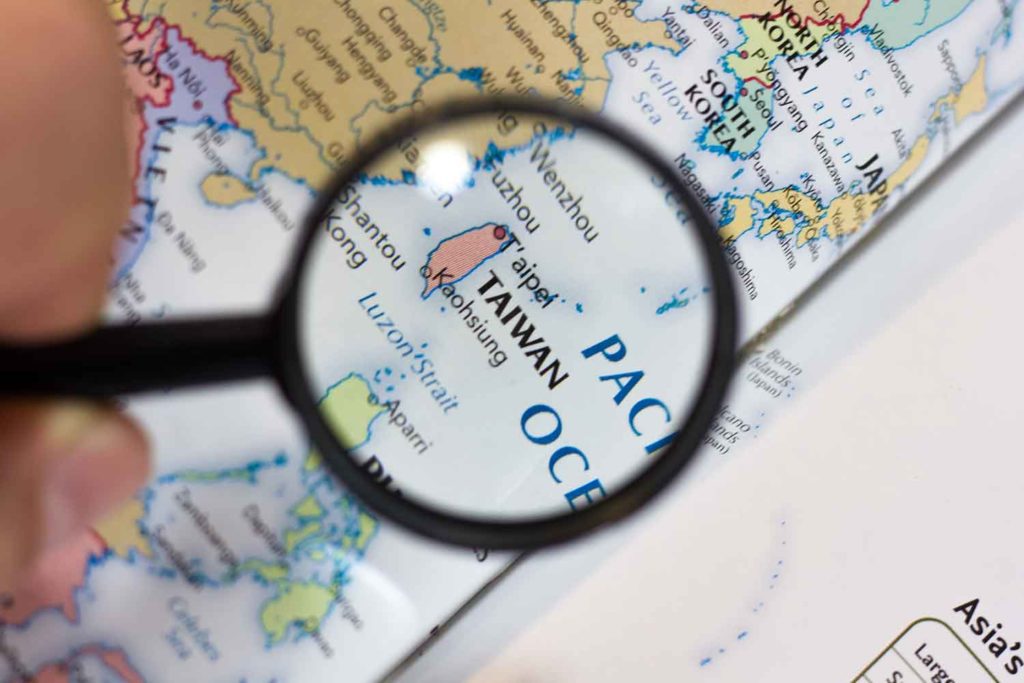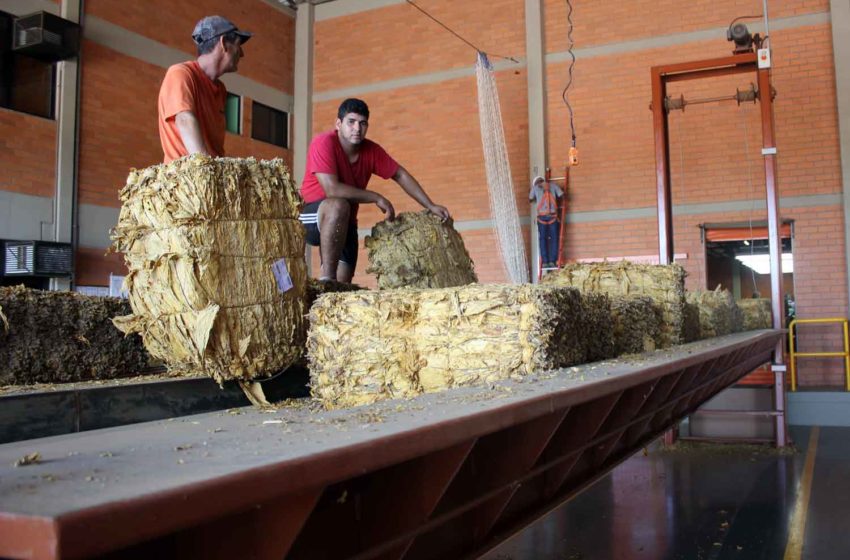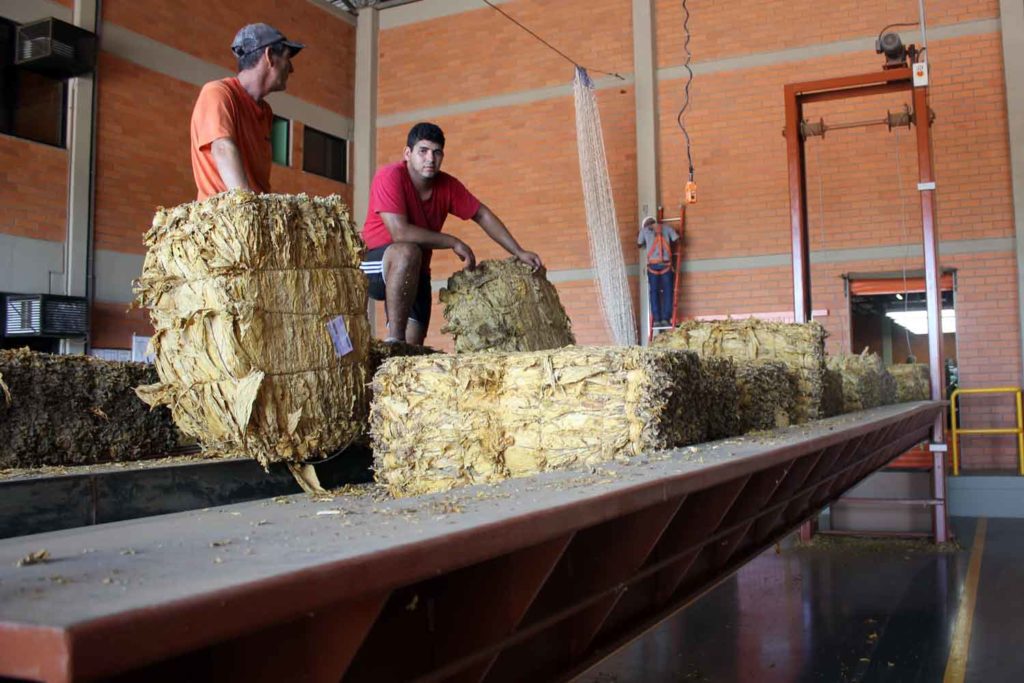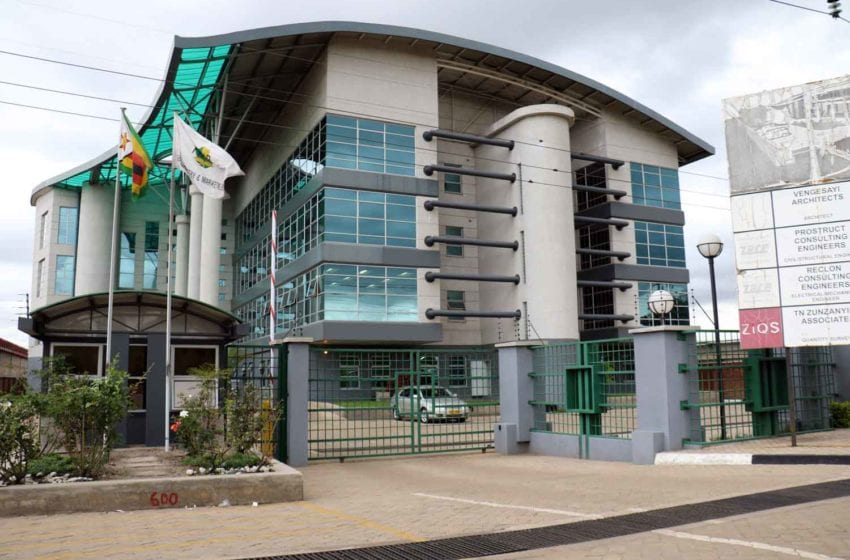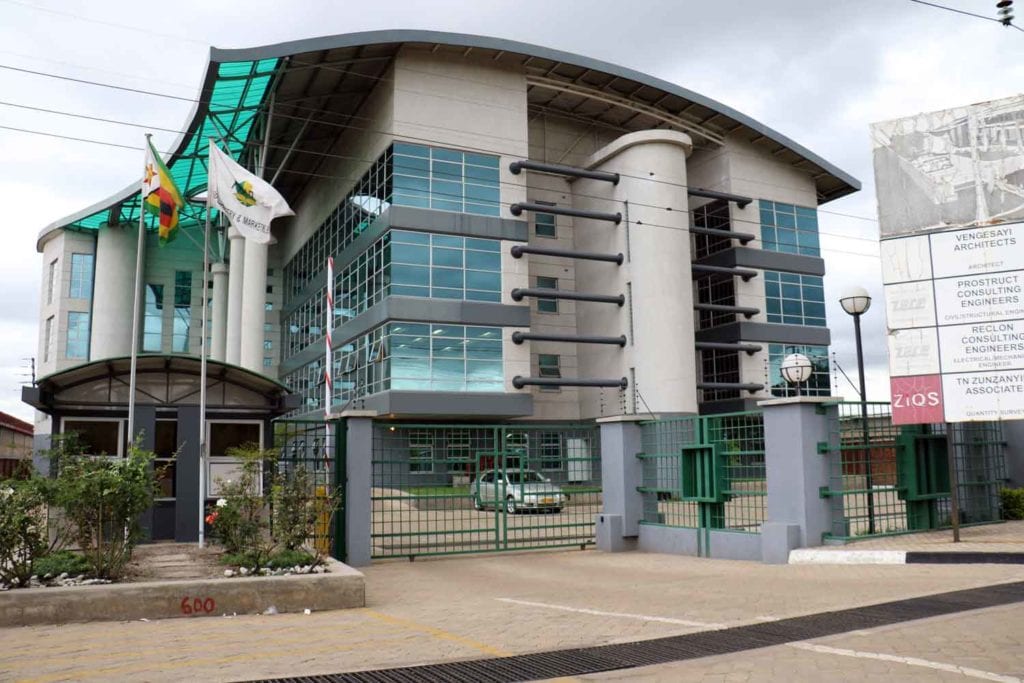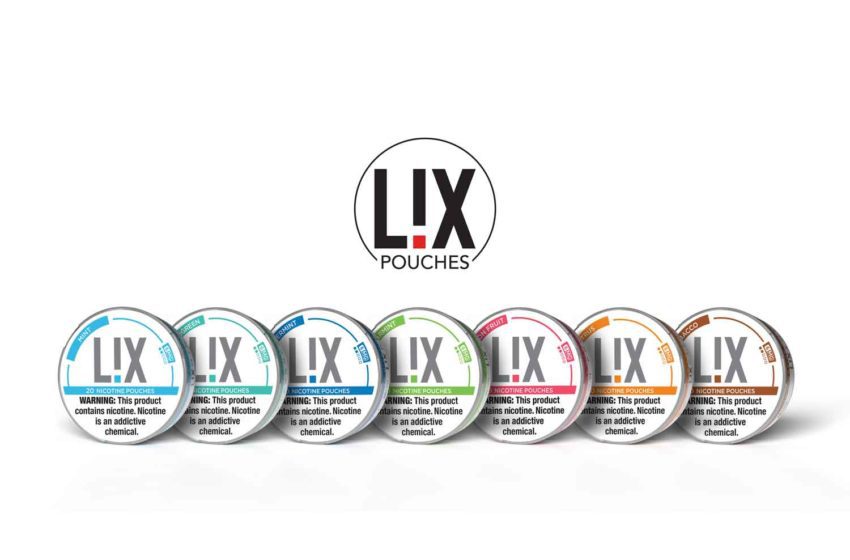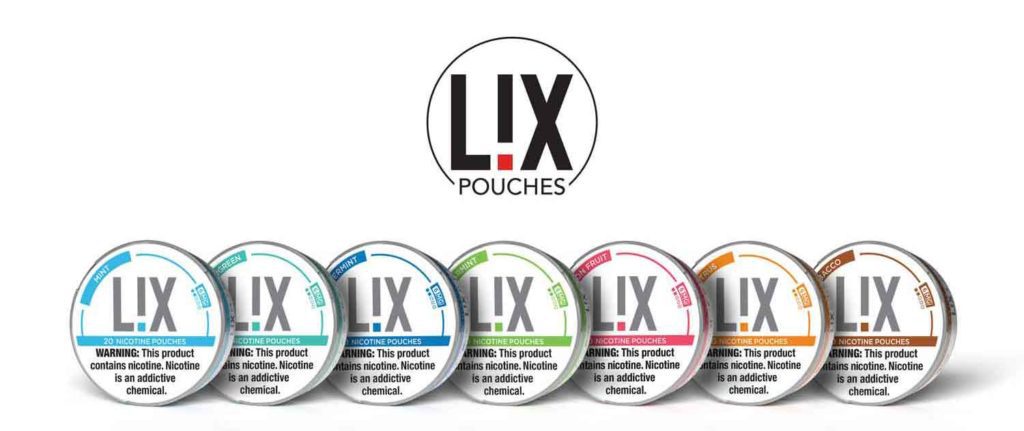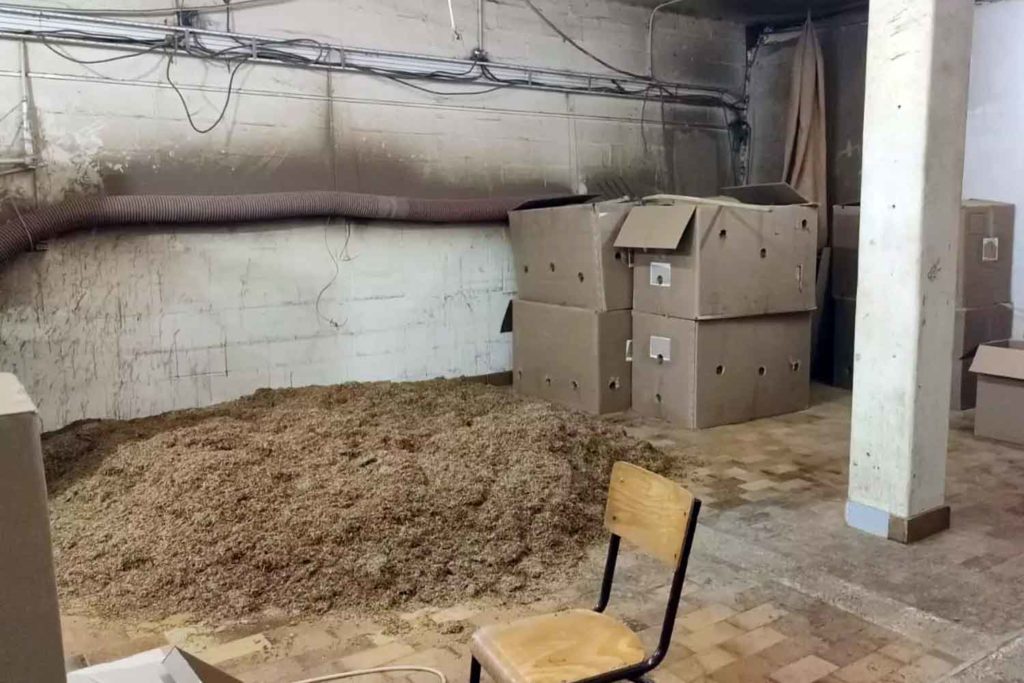
French authorities seized more than 100 tons of illegal tobacco-related products worth €17 million ($18.43 million) during a raid on Jan. 12.
According to Europol, the confiscated materials included 19.4 million cigarettes and 15 tons of cut tobacco along with 50 tons of packaging materials, such as paper, filters and labels, as well as 18 tons of waste from the cigarette production process.
Officers also seized vehicles, factory machinery and electronic equipment. The seized tobacco and counterfeit products were destroyed.
During the raid, which involved more than 60 officers from the French National Gendarmerie, police arrested nine suspects, most of them Moldovan nationals. The gendarmes discovered a quasi-industrial setup for the production of counterfeit cigarettes in large quantities. They discovered three separate zones in the targeted factory.
One of the zones was dedicated to the processing of raw tobacco to produce boxes of cigarettes labeled as well-known brands sold on the legal market. Another zone was dedicated to the storage of large boxes of counterfeit cigarettes. The third zone was used as a living area for the workers with some 15 beds, a kitchen and a living room. This allowed the workers to live at the factory, completely cut off from the outside world.
Europol facilitated the information exchange and provided specialized analytical support. On the action day, Europol supported the French authorities by cross-checking operational information against Europol’s databases in real-time and providing leads to investigators in the field.
In 2020, Europol created the European Financial and Economic Crime Centre to increase synergies between economic and financial investigations and to strengthen its ability to support law enforcement authorities in effectively combating major criminal threats.

